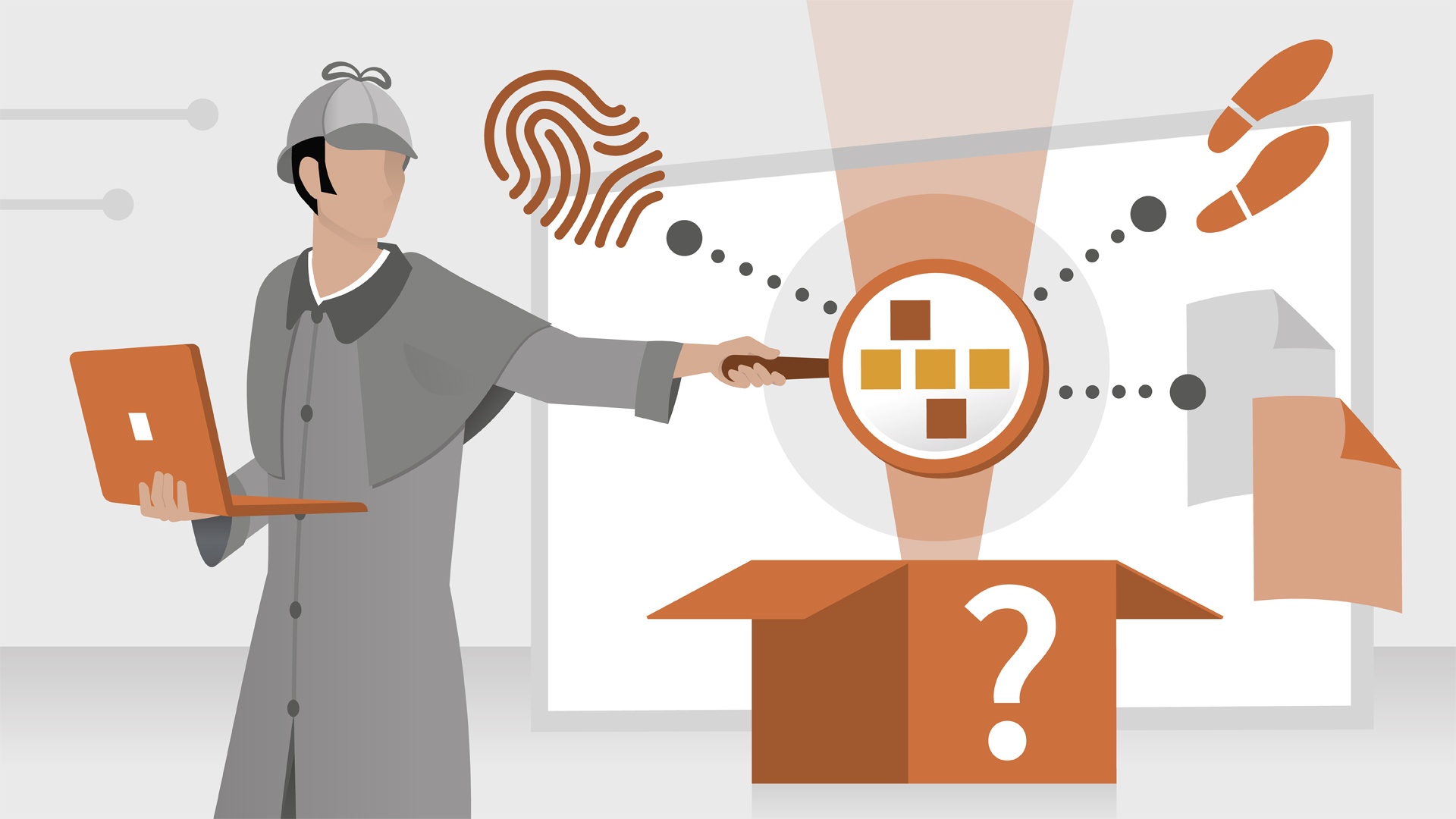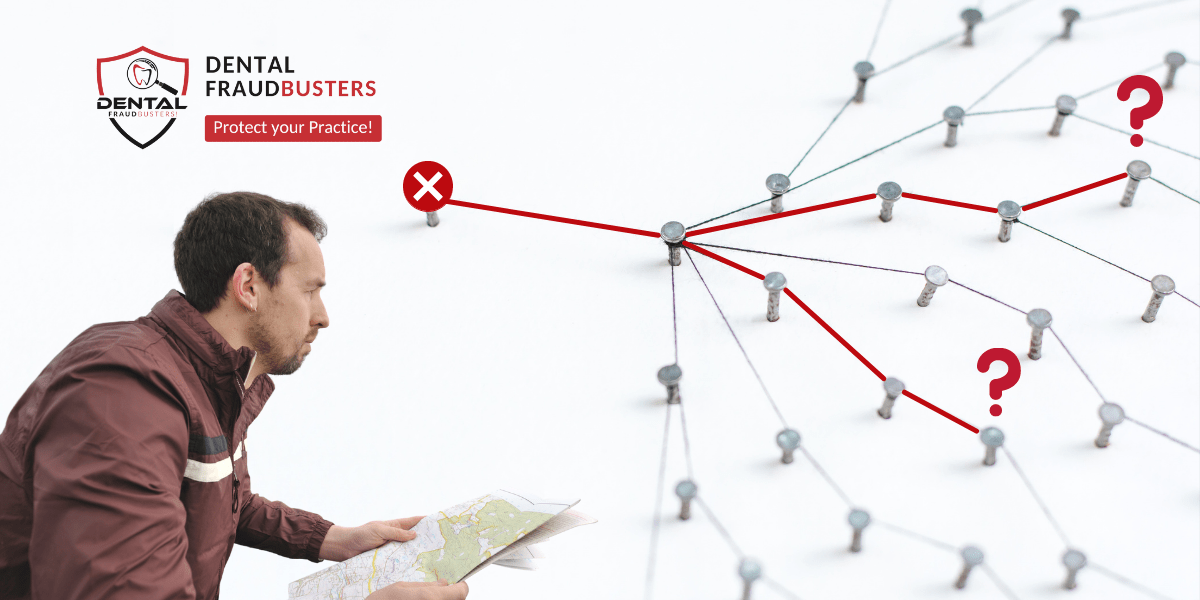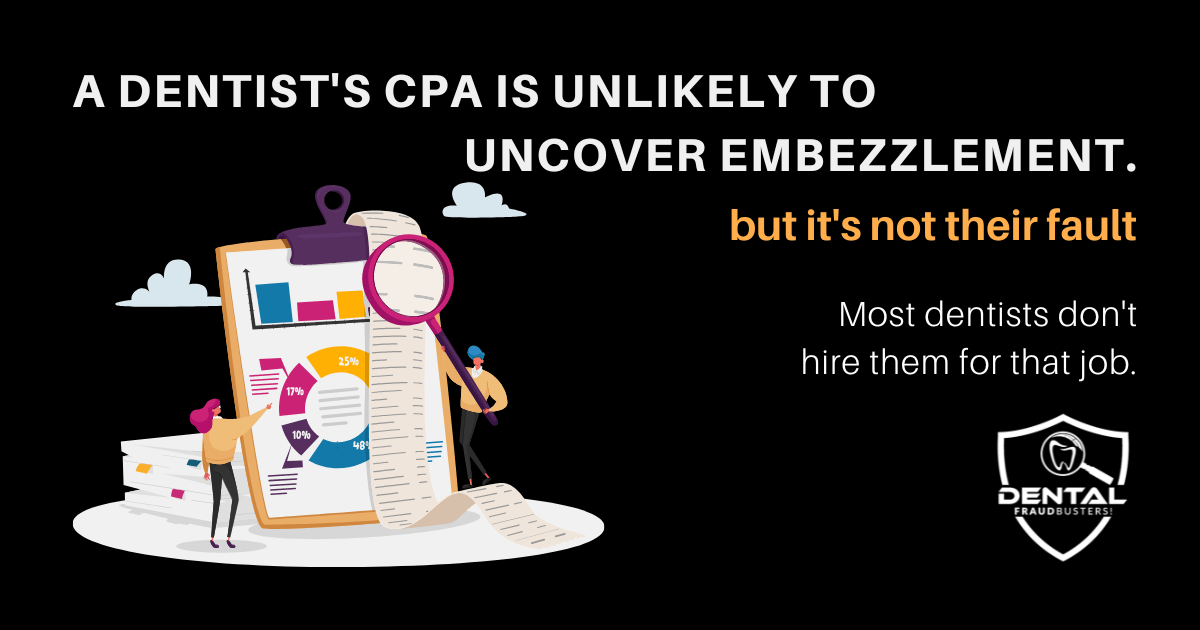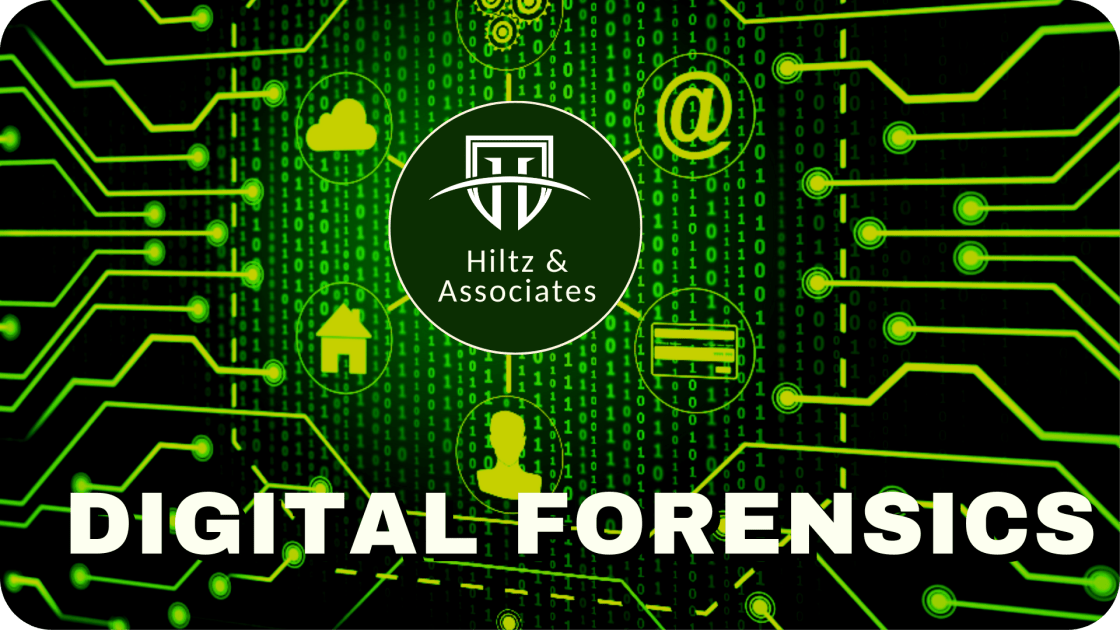Will my CPA find dental embezzlement?
Posted:
Last Updated:
MANY dentists believe their CPA will uncover embezzlement.
The truth is, most CPA’s are unlikely to detect embezzlement in a dental practice;
but it’s not their fault.
They weren’t hired to look for it.
When year end rolls around, most dentists will engage their CPA to perform what is known as a compilation engagement (sometimes referred to as “Notice to Reader” engagement)
The “Compilation” Engagement

This is the most common, and lowest cost expensive, CPA reporting package performed for dentists.
The CPA “compiles” financial statements from information provided by the dentist or the dentist’s bookkeeper.
Compilation engagements are often used by practice owners who need financial statements for third parties, such as banks, and for producing tax returns.
The CPA will seek clarification if they find an error in the financial data however they do not provide any guarantees about the accuracy or completeness of the information.
The “Review” Engagement

A review engagement provides a base level of assurance from the CPA.
The CPA will perform various analytical procedures, have discussions with the dentist and review the the financial statements to determine if the figures presented are plausible.
The review engagement gives limited assurance on the accuracy or correctness of financial statements.
The “Audit” Engagement

Audit engagements are often required when a dentist is seeking complex or high levels of financing and credit, outside investors, or when merging with another practice.
While the review engagement ascertains whether the financial statements are plausible or believable, the audit engagement provides “reasonable” assurance that the financial statements are free of material misstatements and were prepared in accordance with the proper accounting procedures.
A Fraud Examination ENGAGEMENT

A fraud examination, also known as an embezzlement investigation, is performed to resolve concerns or allegations of embezzlement.
Often, this is predicated by the presence of behavioral red-flags, accounting red-flags or other clues.
Unlike the work performed by a CPA, which often follows a linear path; a fraud examination does not follow a checklist, and because not all business are alike, fraud examiners must adapt their workflows around messy and complex situations to develop investigations unique to their client.
Related Topic: Diagnostic Examination
Digital Forensics Meets Digital Dentistry

Digital forensics is the process of identifying, analyzing and preserving electronic data to uncover evidence for criminal prosecution and civil litigation.
It is a branch of forensic science used in relation to computer crimes (like dental embezzlement), and is a powerful tool in the right hands.
Digital forensics is also used to test the accuracy, completeness and veracity of electronic dental records in negligence claims.
To learn more about digital forensics, click the image below.


